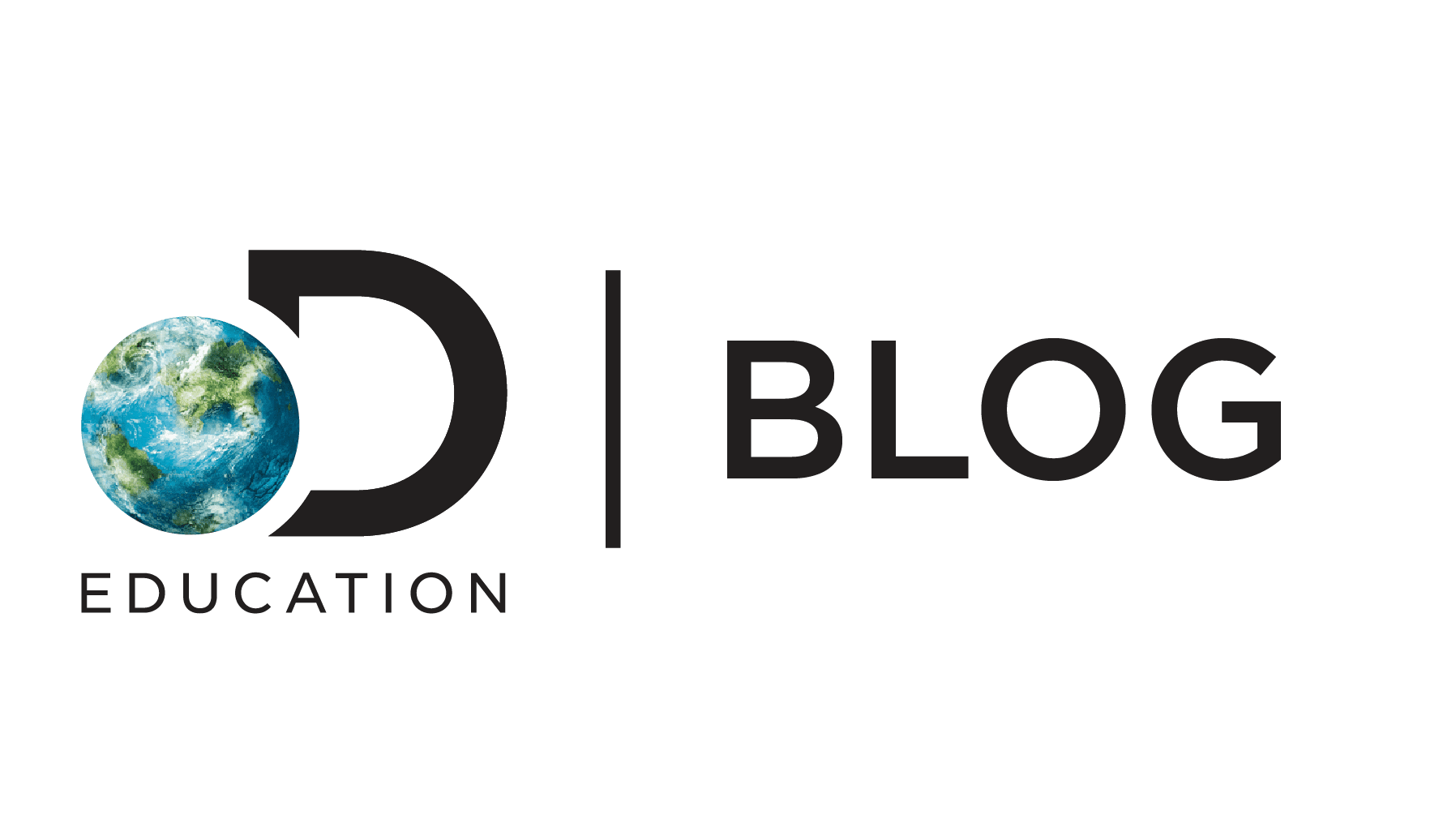“What is true and what is false?”
This reads like a driving question for a unit of study in social studies. But in the current political climate, many people are asking this question in their daily lives.
Fake news—the deliberate spread of misinformation or hoaxes across various media—is meant to mislead readers in order to gain financially, politically, or otherwise. The furor surrounding fake news has resulted in heightened skepticism, as well as an escape route for those struggling to accept the authenticity of information that doesn’t align with their beliefs on important, divisive issues.
A recent report concluded that students may be among the most susceptible to the influx of false statements and the manipulation of facts. In a 2016 study by the Stanford History Education Group (SHEG), researchers found that youth have a hard time telling the difference between objective and sponsored online content. They are also susceptible to bias when politicians and organizations post messages on social media.
“Many people assume that because young people are fluent in social media they are equally perceptive about what they find there,” said Professor Sam Wineburg, author of the report and founder of SHEG. “Our work shows the opposite to be true.”
Learn more about how DE can serve as your daily learning platform. Check out our live and on-demand events or explore 30 Ways to DE!
Searching for truth in an era of fake news needs to be a priority in education. This is not the responsibility of the social studies teacher or the English department alone. Every discipline should teach “media literacy,” defined by Heidi Hayes Jacobs as being able to “develop critical and creative capabilities to both receive and assess the quality of messages from all forms of media, and to generate and create quality media of their own.” This includes understanding that any communication has a purpose and an audience in mind.
Media literacy also addresses how people may leverage specific strategies to entertain, inform, or persuade in a variety of media.
There are specific strategies and skills educators can foster in students to ensure they develop a more nuanced and deeper understanding of the information available before forming their own opinions.
1. Curate Reliable Feeds of Information
Taking one person’s word as truth on any complex issue may lead to misinformation and misconceptions. Teachers can challenge this by modeling for students how to create a reliable list of individuals and groups on social media. For example, a teacher can maintain a classroom Facebook page or Twitter account and demonstrate how to evaluate who they might follow, discuss why they would read their posts, and ensure multiple perspectives are considered. Older students can be taught to maintain their own information feeds using digital curation tools such as Feedly and Flipboard.
2. Understand How People are Persuaded
Merriam-Webster defines fact as “a piece of information presented as having objective reality”. This would be a good entry point for a study of what makes for effective persuasive writing. Connections with media literacy can be made by studying the techniques advertisers use. The National Council of Teachers of English (NCTE) and International Literacy Association (ILA) offer many teacher resources on this topic at ReadWriteThink.
3. Teach Search Strategies
Google’s revenue source comes primarily from businesses and organizations that want to have their websites on the first page for key search results. Using search engines designed for students, such as Sweet Search, will help ensure results are objective and appropriate. Students should also be taught how to use features within the advanced option for Google searches when doing research for a class project.
4. Create Content for an Audience
In the search for truth, everyone can have a voice with the advent of the Internet and digital applications. Students need opportunities to apply their media literacy skills in new contexts. Teachers can use creation tools, such as Studio, to provide safe online spaces for students to interact with peers. Students can post their work and their ideas for feedback. Their finished products, which may include a mix of audio, images, and video in addition to text, can be published on a blog, website, or video channel.
Fake News: Old Challenges, New Strategies
Dealing with fake news is not a new phenomenon. Mathew Ingram of Fortune Magazine points out that historical figures such as John Adams and Benjamin Franklin wrestled with these very same issues. The good news, Ingram reports, is that “we arguably have much better tools to fight it than we have ever had before.” Social media and content development tools, along with the right strategies, put every student in better control of what they consume and create.






